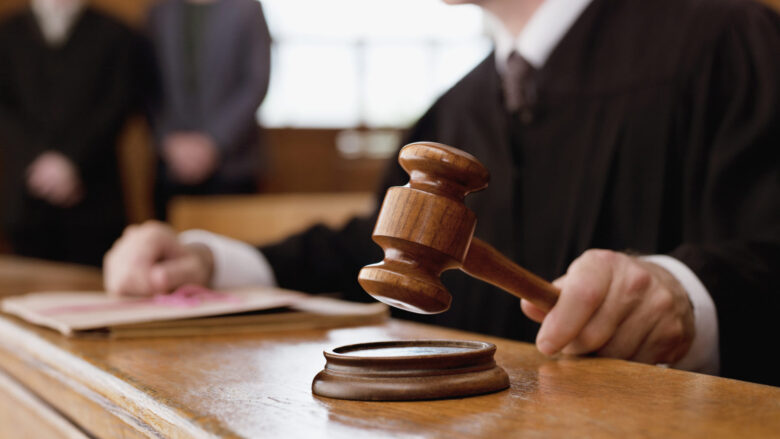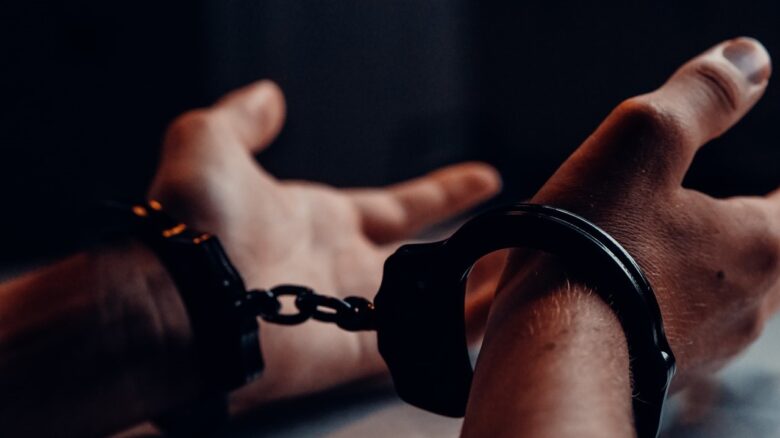Imagine you or a loved one has been seriously injured or killed in a hit-and-run and the driver escaped accountability. Either from acquittal, dismissal, or a plea, someone who hurt others is able to skate free. What can you do? Has this person just escaped the hand of justice? Are they off scot free to commit more atrocities? Is it even possible to hold someone accountable even if they’ve managed to escape criminal responsibility?
Short answer: Yes. A person can be a defendant in both civil and criminal cases. Not only are these separate cases, but they also have separate legal standards to win the case. If the burden of proof isn’t met in a criminal trial, a civil trial is the other option. In a criminal trial, the defendant has been accused of breaking a law established by the government. In a civil trial, the matters are more private: defamation, divorce, negligence, etc.
The most notable example of the difference between criminal and civil cases are the OJ Simpson trials. Simpson was infamously acquitted in the criminal trial and subsequently found liable in the civil case where he was ordered to pay the families of Nicole Brown Simpson and Ron Goldman $33.5 million. It’s those very differences that allowed for a civil case to succeed where a criminal case failed. It’s not perfect justice, or even ideal justice, but it’s something. And in matters of justice, something is better than nothing.
Criminal Cases

Criminal cases are deeply ingrained in our culture and permeate the lay person’s understanding of our criminal justice system. Here is where you are being accused of breaking the law and have the right to judgment by a jury of one’s peers. If you’re in a criminal trial, the case has been brought by a state or federal government. Society, rather than an individual or collective party, is holding you accountable for your actions in a criminal case.
Because a criminal defendant risks imprisonment, our criminal justice system has a high threshold for a burden of proof. The theory goes, it’s better to have a guilty person go free than have an innocent person imprisoned. Things don’t always play out that way, but it’s a good foundation to have when considering removing a person from society. That foundation helps use, as a society, feel that our justice system is more fair because it allows someone accused of a crime to fully defend themselves instead of simply being tossed in a jail cell with little evidence.
If you’re found guilty in a criminal trial, your punishment could be fines, probation, or even imprisonment. The primary function of a criminal trial is to hold people accountable for breaking the law and committing a crime as a means of upholding public safety and social order. You know, keeping society on the up and up. We can’t just have people running around stealing, murdering, and destroying like it’s another Purge sequel. That would be ridiculous.
Civil Cases

The general public might be familiar with civil cases for injuries or contract disputes, but might not be as familiar with the fact that you can often file a civil case for the same conduct that makes up a criminal case. Civil cases are brought by a person or company against another person or company instead of by the state. This is because of the more personal nature of civil cases. A wrongdoing has possibly occurred, but a law has not necessarily been broken.
People out of the know will still use the terms “guilty” and “not guilty” when discussing a civil case, but the correct terms are “liable” and “not liable.” The burden of proof in civil cases is much lower than in criminal cases. Rather than “beyond a reasonable doubt,” juries need only to find for the party “by a preponderance of the evidence,” i.e. a “more likely than not” standard. Consider the lack of jail time as a fair trade for a lower threshold for the burden of proof. In a civil trial, a defendant never has to worry about being imprisoned.
A civil case’s main purpose is to resolve disputes between parties and reward the injured party accordingly. Basically, civil trials keep the peace by finding out who is responsible for what in a given incident. Civil cases also seek to reimburse the victim for damages, which is something that criminal cases might not do at all. Tossing a guilty person can feel satisfying, but financial restitution can also feel very satisfying in terms of seeking justice.
You’re Not Out Of Luck

Just like the families of Nicole Brown Simpson and Ron Goldman, a civil case can be your opportunity for accountability where a criminal case may have failed. Defendants will usually hire a lawyer to protect them, so it is important for plaintiffs (the injured parties) to have lawyers too. Being on the right side of a civil case can only help so much against a skilled attorney. Don’t underestimate the opposition’s knowledge of laws, codes, and procedures – a case can absolutely be tossed over a technicality. Having an attorney of your own is going to be critical to your case’s success.
There is no shortage of qualified Chicago personal injury lawyers available to take on your case. Just because someone who injured you or your loved one escaped criminal accountability doesn’t mean they’ll escape civil liability. Always consider bringing a civil case if it’s an option, it may be your best opportunity to earn some kind of justice for wrongdoing. Our justice system is very complicated by design – there may be another opportunity down the road if one fails.
If someone has committed a crime and escaped accountability, not all is lost. It may feel like that person has avoided accountability, but thanks to the opportunities that a civil case can bring, justice can be delivered. It’s not a perfect system and it’s not always available to everyone, but it’s an avenue for accountability and that’s nothing to sneeze at. Pick yourself up, dust yourself off, and grab yourself an attorney – you’ve got justice to serve.

